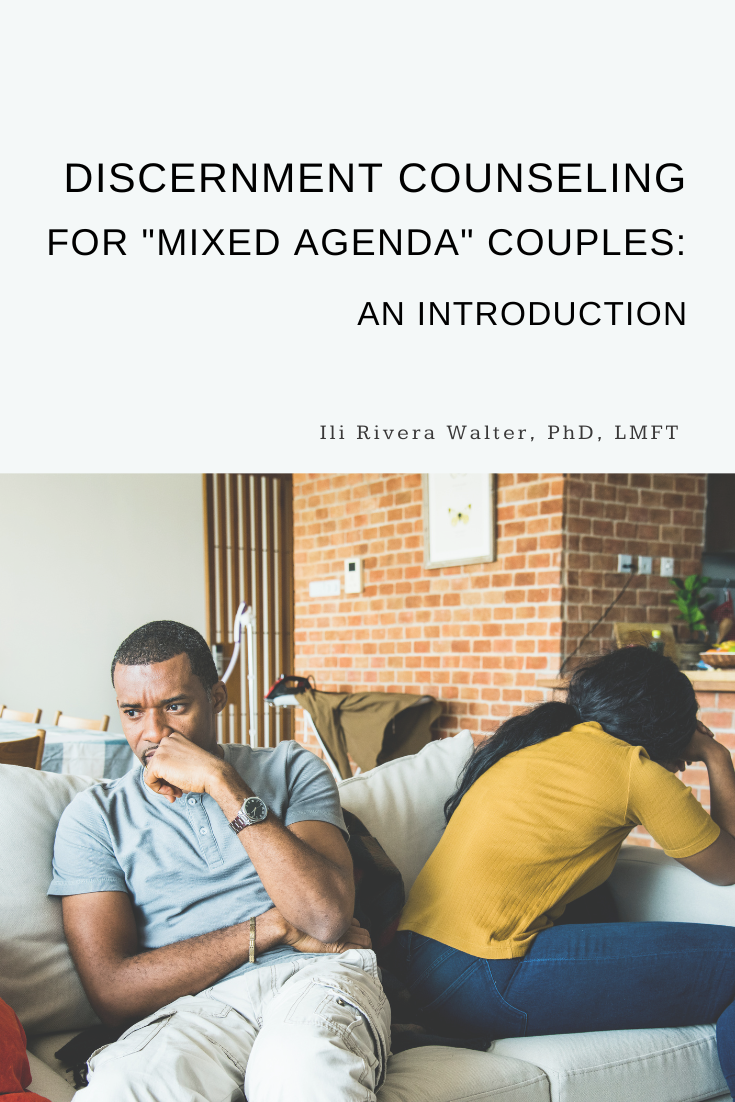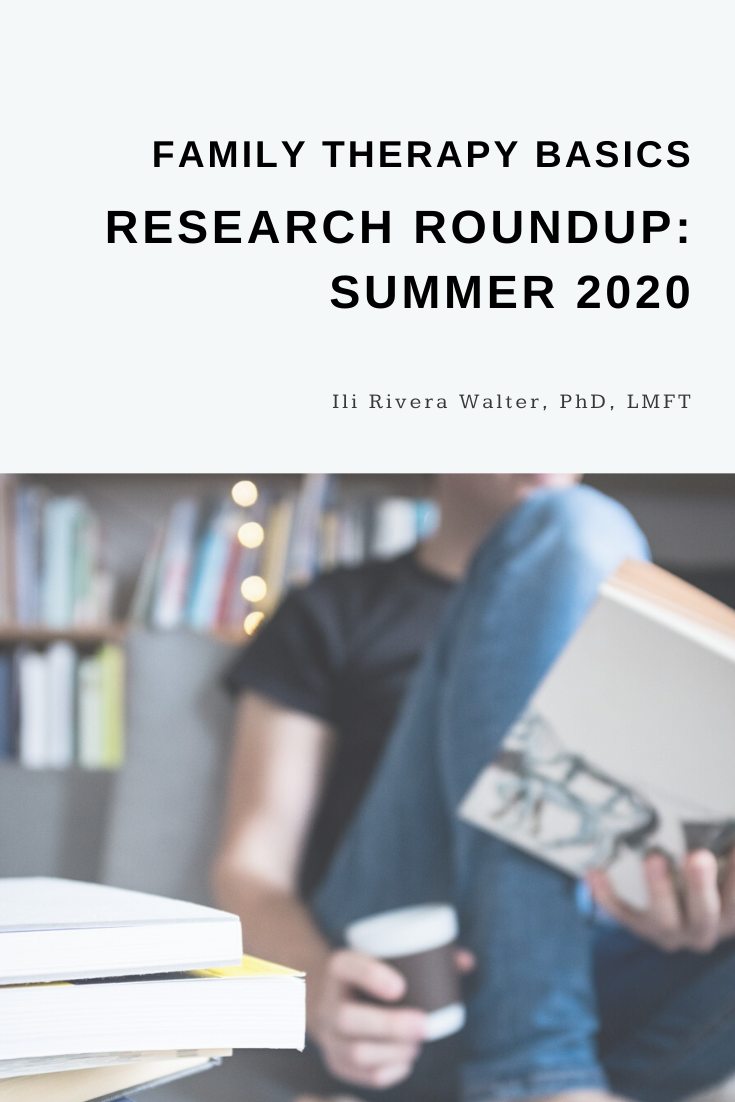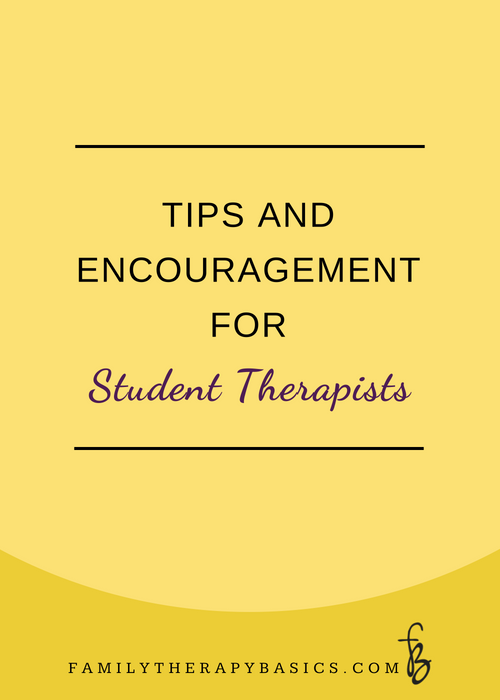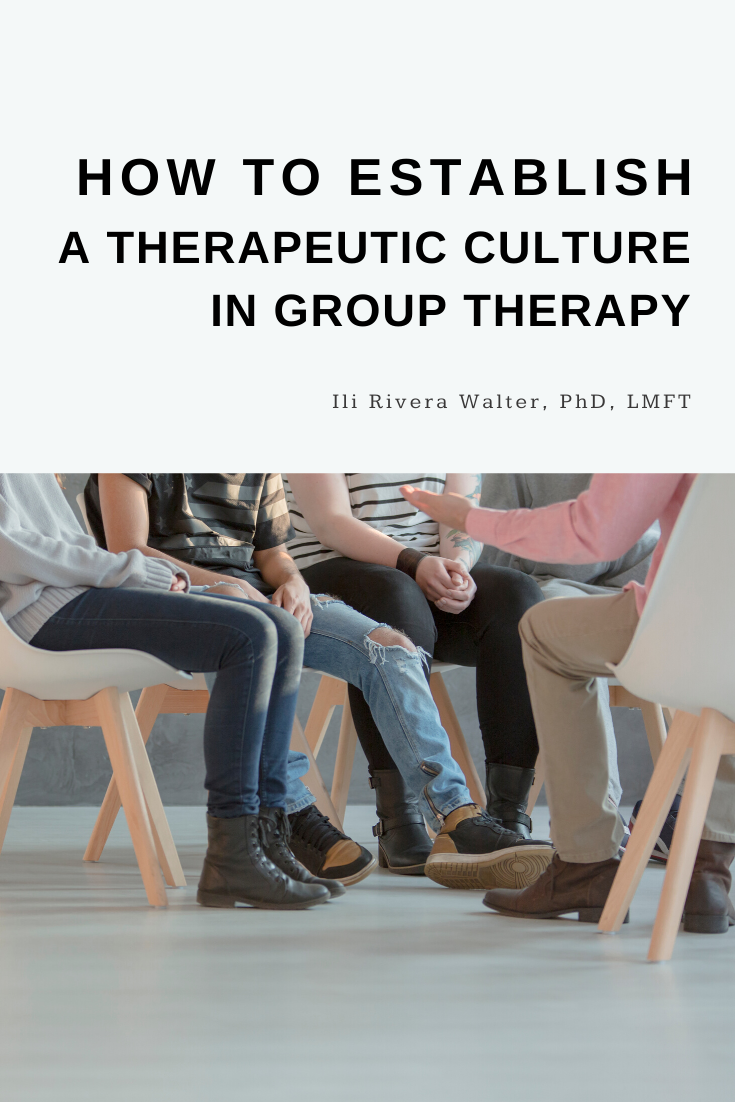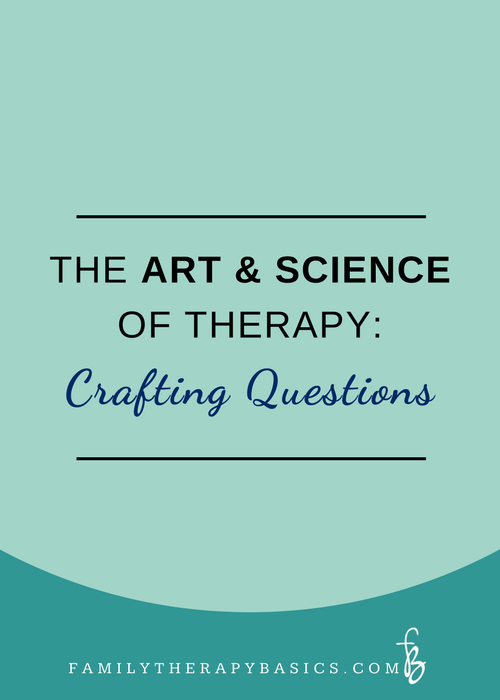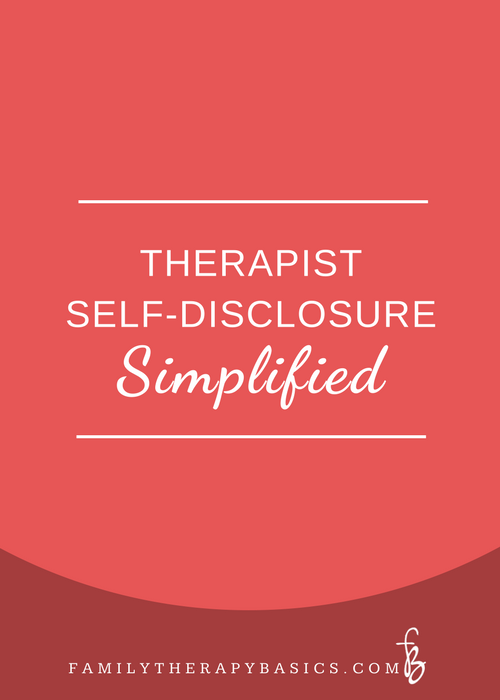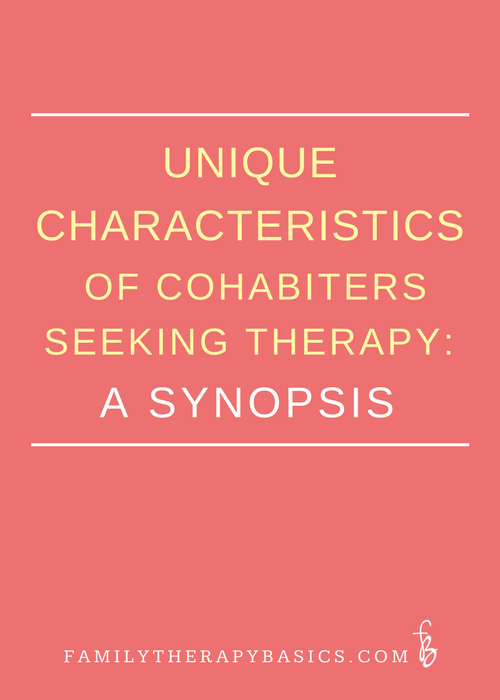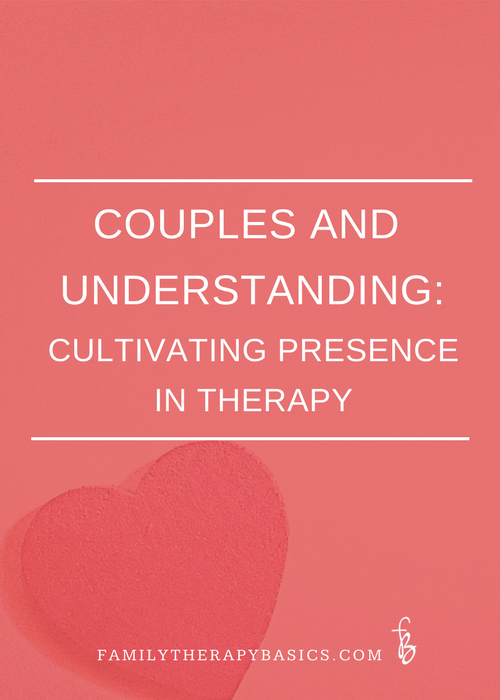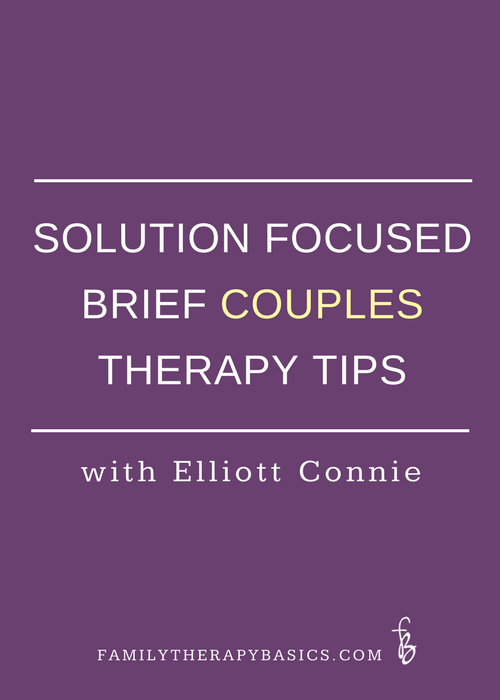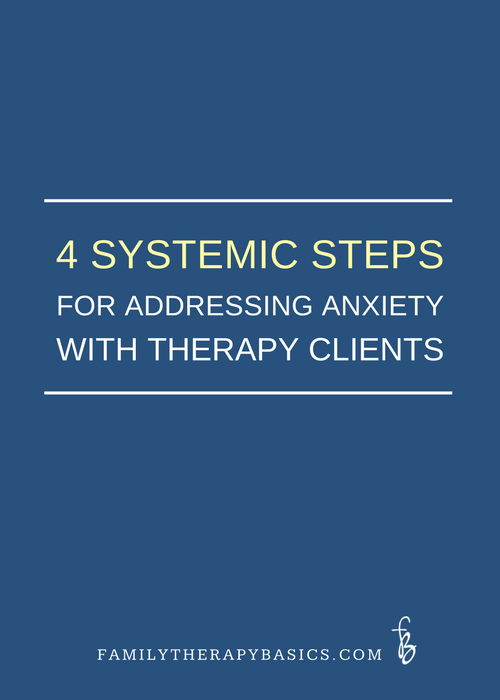Originally published November 15, 2016. Updated October 20, 2022.
It's natural to sometimes get stuck in a rut with specific elements of therapy structure, such as what you use for an opening question.
I have a mentor that views every interaction with a client as part of the therapeutic relationship, and therefore, he interacts intentionally with his clients always, choosing his language and messages carefully based on their therapeutic value.
We don't all view our relationships with our clients in the same way, which means this type of scrutiny may not seem necessary to all of us; however, there is merit in evaluating the details of our sessions in order to become aware of habits that may not be yielding the results we desire.
For example, it’s common for opening questions to become casual greetings rather than relationally impactful interactions between therapist and client. Purposeful opening questions are the topic of this post.
To therapists I know, I recently posed the question, “What is your favorite question for opening a session?” A few examples on this list came from members of the group; the other questions are ones that I’ve used, or heard others use, in my years of practice and supervision. The following questions fall into three categories: goal-oriented, relationship-oriented, and evaluation-oriented.
1 | Goal-oriented opening questions
What are your best hopes for our talk today? (solution oriented)
What would you like to be different when you walk out of here today? (change oriented)
What is your main concern today? (problem oriented)
These questions spotlight an area of focus for the client that, when identified, will help the therapist have a sense of the clients' goal. In this way, the therapist begins the session by setting a specific topic (or goal) for the therapeutic conversation. In addition, each goal-oriented opening question assists clients in finding a subject for which they are customers.
2 | Relationship-oriented opening questions
Whose idea was it for you to be here today? (for an initial session)
Who is with you in this room today (figuratively speaking)?
With these questions, the therapist immediately invites the client's relational realities into the therapy room, and the therapeutic conversation, by addressing the relational influences that brought the client to therapy, as well as those that are significant for the client.
3 | Evaluation-oriented opening questions
So, what's been going well? (solution-oriented)
What is different today from the last time you were here? (change-oriented)
What, from last session, impacted you this week? (change-oriented)
Beginning the session with these questions allows the therapist to evaluate the clients' experience, including their perspectives on their lives and relational interactions (1), their observations of change between sessions (2), and their experiences of and relationship to the therapeutic process (3). All evaluation-oriented questions provide practical information for the therapist regarding how therapy, and clients' sense of the value of therapy, are developing.
Summary
I've listed 7 questions for opening therapy sessions that are useful for providing focus to the therapist and the subsequent therapy session. These questions are a reminder of the power of questions to bring forth information that generates and maintains therapeutic structure and progress. (For more information on the topic of structure, see Napier and Whitaker's, The Family Crucible).
Free Resource Library
Sign up for the free resource library, and gain access to the printable notecard of the 7 questions:
Let's Chat
Let me know in the comments below:
What's your favorite question for opening a therapy session?
Which of these questions will you try this week?
References
Nelson, T. S., Fleuridas, C., & Rosenthal, D. M. (1986). The evolution of circular questions: Training family therapists. Journal of Marital and Family Therapy, 12(2), 113-127.


